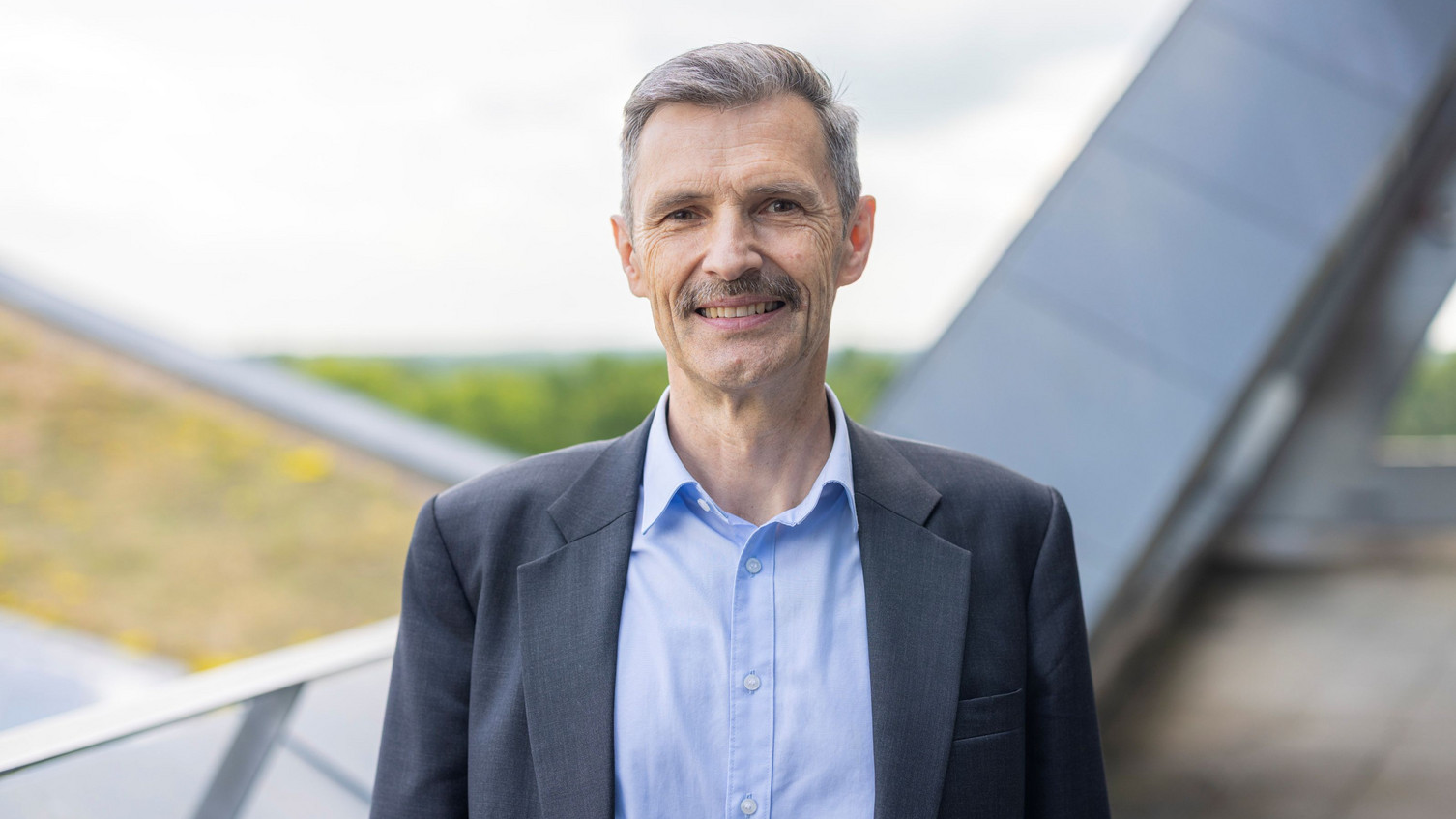‘We are not talking about ideology, but about economic opportunities.’
2025-07-18 Is sustainability in crisis? In difficult economic times such as these, it certainly looks that way. However, over the past 30 years, sustainability expert Prof. Dr. Stefan Schaltegger from Leuphana University has repeatedly observed how the topic has received varying degrees of attention. In this interview, Schaltegger reveals why science and practice should actively work together right now to drive social transformation forward. His approach: ‘Those who understand how they can operate more sustainably lose their fear of change.’ And this is where science comes into play.
Industry and businesses are currently under pressure due to economic and political uncertainties. Sustainability often falls by the wayside. What advice would you give to companies that are currently unsure whether they can ‘afford’ to operate more sustainably?
It is a widespread misconception that sustainability is only possible when the economy is doing well. Sustainability is not a luxury, but a matter of survival and development. Those who do not address sustainability today risk their business foundation tomorrow. Ecological and social challenges are driving the transformation of markets and societies worldwide. Those who ignore this will miss out on business opportunities and may even risk their existence. Sustainability is not just a question of costs and risks, but can also promote innovation and the development of business models. The days when the topic could be considered ‘nice to have’ are over.
This is where we have been working for years with various formats, be it the Sustainability Leadership Forum, the SME Forum or TrICo with the Leuphana Innovation Community Sustainable Production. Next year, the community will launch a new series of workshops in which we will work with companies to develop business cases for greater sustainability – in other words, show how sustainability can be the basis for economically attractive business development.
How do you convince companies to engage in dialogue with researchers? What specific added value does this offer companies?
Firstly, companies gain access to methodological knowledge – for example, how to systematically identify the business relevance of sustainability issues, evaluate them economically and develop opportunities. Secondly, the exchange enables reflection and insight into best practices. Many entrepreneurs tell us after workshops with students that the questions alone have opened up new perspectives. Thirdly, research can anticipate developments before the market changes or even proactively change markets. Think of the transformation of the automotive industry. If sustainability had been used earlier for active product and business development, companies would not have been ‘suddenly’ faced with more innovative competitors that they are now trying to catch up with. The upheaval in the German automotive industry might not have been so severe. We are not talking about ideology here, but about tangible economic risks and opportunities.
Have you observed any particular ‘aha’ moments on the part of companies in this regard recently?
Many companies are realising that sustainability does not necessarily mean higher costs. A good example of this is a medium-sized company in the heating sector. A workshop with our MBA students in 2008 revealed that oil and gas heating systems, which were still dominant at the time, were a thing of the past and that heat pumps would be the technology of the future. The company took this as an opportunity to realign its strategy. Success took some time, but today the company is one of the leading providers in this field.
The energy industry also provides an impressive example of how differently companies assess the issue of sustainability: companies such as Ørsted, formerly an oil and gas company, have switched completely to wind energy. Others, such as Exxon, are still trying to block progress. Both are major players in the same industry – and show how differently transformation can be handled. Or think of the German electricity companies – a leading German provider used to engage in greenwashing, but today it is one of the largest investors in offshore wind farms. Many in this industry have now realised that their business is at stake.
Conversely, how important is it for science to collaborate with companies?
It is extremely important. In my view, good business research can only succeed if it develops practical analyses and implications. Research in an ivory tower is like playing chess: a nice pastime, but often ineffective in the real world. In our formats, such as the Sustainability Leadership Forum, we ask: What are the real challenges in practice? Then we prepare the state of the art in research, discuss it together and develop ideas that will help companies move forward – not exclusively for individual cases, but openly and transferable to others. We do not provide individual consulting. Rather, we focus on a mutual learning process. This results in solutions for companies and new research topics for us.
How can science and practice work together to drive social and industrial change?
By taking each other seriously and working together. We need formats in which companies can try out how sustainability can work economically – and in which scientists understand what the reality looks like. In our MBA Sustainability Management programme, for example, we spend a week working intensively in a company on real issues under enormous time pressure.
This is a learning experience not only for the students, but also for the companies. In the Innovation Community workshop series, we will then test a new format for business case development that runs over three sessions.
It is important for companies to be prepared when windows of opportunity for more sustainable approaches arise. After Dieselgate, Tesla – and not the German suppliers – managed to dominate the European market for electric cars because they were prepared. The situation has now been turned on its head by Mr Musk's politically questionable actions. As Chinese competitors still lack sales and service infrastructure, we now have another surprising and fortunate strategic opportunity for electric mobility and mobility services. If the German automotive industry does not quickly succeed in developing attractive, more sustainable products and business models, it will probably regret missing this second chance for a long time to come.
Those who see ways to operate more sustainably and can develop systematically using appropriate management methods are not afraid of change, but see it as an opportunity to compete. As scientists, we can make an important contribution to this process.


